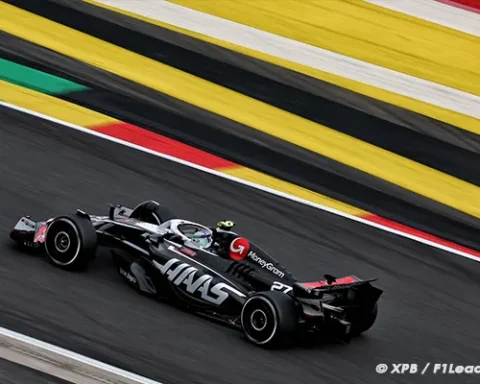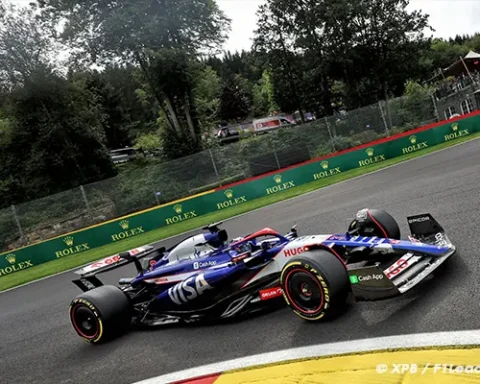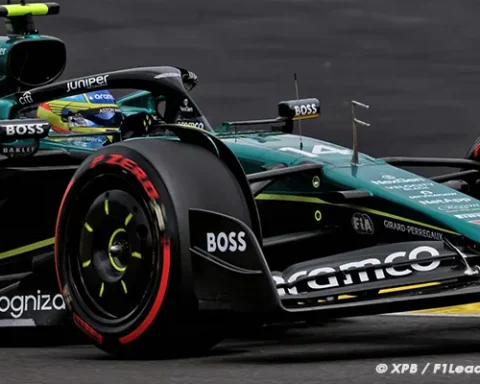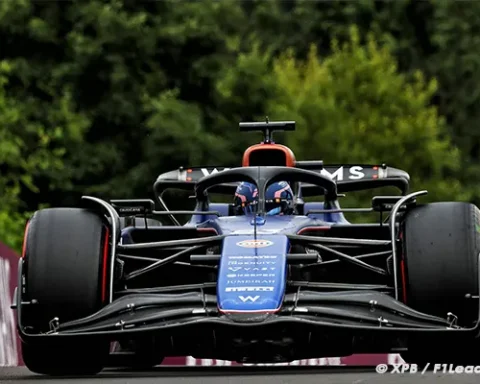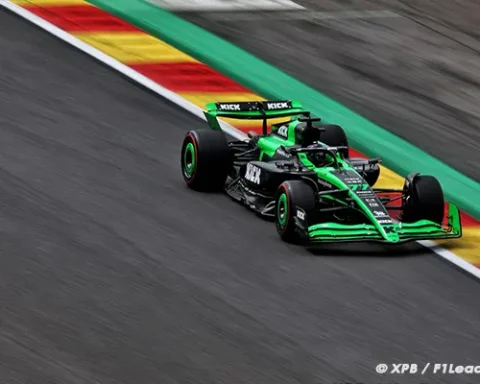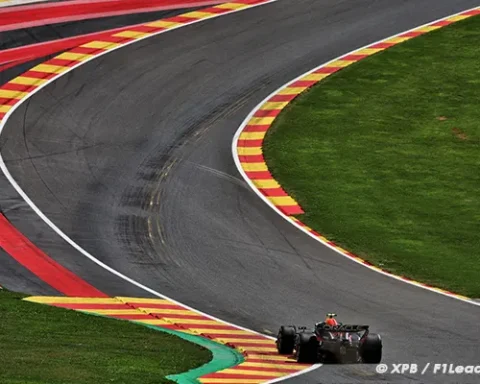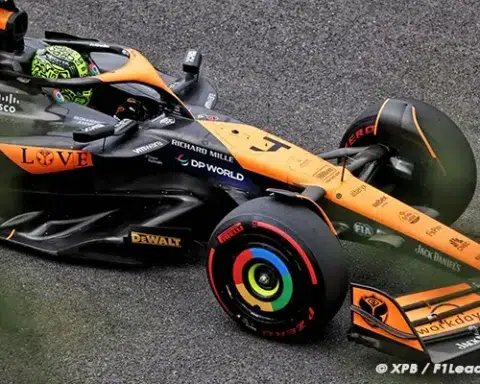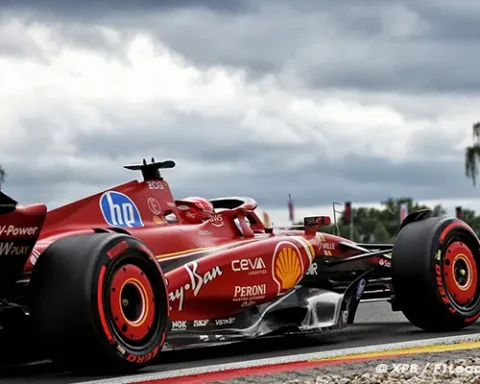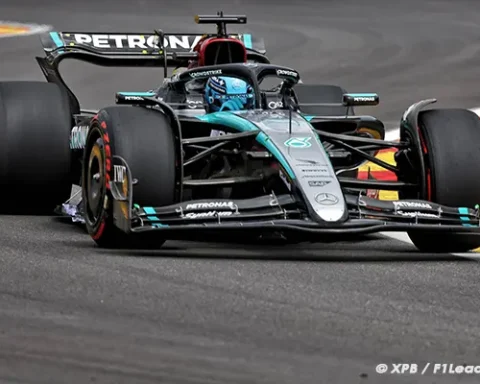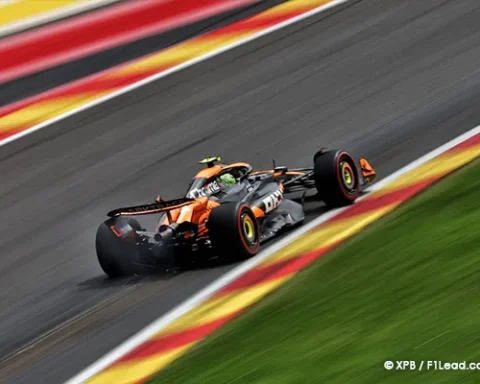In 2023, F1 sees a closer competition across teams, challenging giants like Red Bull and evolving teams like Aston Martin to adapt swiftly.
Even Red Bull anticipates a much tighter grid this year. Indeed, the gaps on the stopwatch in the paddock have continually narrowed from Grand Prix to Grand Prix in 2023 – though the overall impression was skewed by the slew of records set by Max Verstappen’s Red Bull.
At Aston Martin F1, Mike Krack is aware that Aston Martin F1 could just as likely compete for podiums as for the top 10, given the slim margins, this year.
Thus, the head of the green team is calling on his own to stay 100% committed (at a minimum…), as the wind shifts quickly on this grid with compressed performances.
“Formula 1 is undoubtedly the most competitive championship of all. Considering the development trends of recent years, the starting grid is getting tighter and tighter. You must be at your best level, all the time, and even that is no guarantee of success. If you have a week where you’re not up to par, you lose.”
F1 Evolves: Budget Cap Shapes Future of Team Dynamics
“Formula 1 is going through an interesting period. A budget cap was introduced three years ago, capping each team’s spending. Over this decade, the performance level of each will be leveled out, with everyone having the same expenditure on tools and similar staff sizes. It will be a sport where the teams that know how to use these tools most efficiently and make the most of their personnel will achieve the best results.”
“There are ten teams in Formula 1, each designing its own car and rolling out a new one every year. Teams of 500 to 800 people worked in isolation to produce 10 different car prototypes. And in Bahrain, over five kilometers of track, the performance gap was 0.7%.”
Aston Martin F1 is not standing still and continues to evolve. The new factory is nearing completion, but infrastructure alone won’t be enough, continues Mike Krack.
What Aston Martin F1 needs is a change in mentality. The former Racing Point must learn to think like Ferrari or Red Bull, not like Force India.
“The team is growing rapidly, transforming into a larger, more competitive entity poised to lead the F1 grid. This evolution transcends infrastructure, resources, and personnel; it’s fundamentally about mindset.”
“Being an underdog is very easy… This team has enjoyed that status for years. It did great things with limited resources and cherished its occasional triumphs all the more because they were so rare. It’s easy because there are no expectations.”
“On the other end of the spectrum, there are serial winners in F1, and they have the hardest job because they’re expected to operate at an incredibly high level. We’re on the right path to becoming one of those teams, and if we’re honest, we still have a huge hill to climb.”
“We need to learn to deal with this level of expectation.”

“For a team like ours, trying to take a new step to establish itself at the front of the pack, the most important thing is to have a plan. Over the last three seasons, we’ve seen a lot of investment in new facilities and a recruitment drive to staff them – and it’s tempting to want everything to yield results immediately. But it doesn’t work like that.”
Aston has also recruited renowned engineers, like Dan Fallows from Red Bull, but again, talent or pure skill isn’t everything. The right mindset is also needed.
“We’re lucky to be in a very attractive sector, to have a very recognizable brand and a very ambitious project that people want to be part of, which helps us recruit the best and brightest – but beyond that, building a winning team is about finding people who match what we’re looking for.”
“It’s not enough to find a candidate with the right skills. We need to find the right person. Many candidates come to us very well-trained and often with an exceptional set of skills – but what we need is someone who combines that with the team-working capabilities that make F1 successful.”
“Emotional stability is important, as is buying into our culture and managing pressure in an ultra-fast environment. It’s a sport for people who are calm and remain composed in high-pressure situations.”
F1 Grid Competition : Red Bull Anticipates a Much Tighter Race. F1 Grid Competition : Red Bull Anticipates a Much Tighter Race
- ReadMore>Hamilton and Ferrari Nearing 410 Million Euro Deal?
- Following us on Facebook and Twitter.

